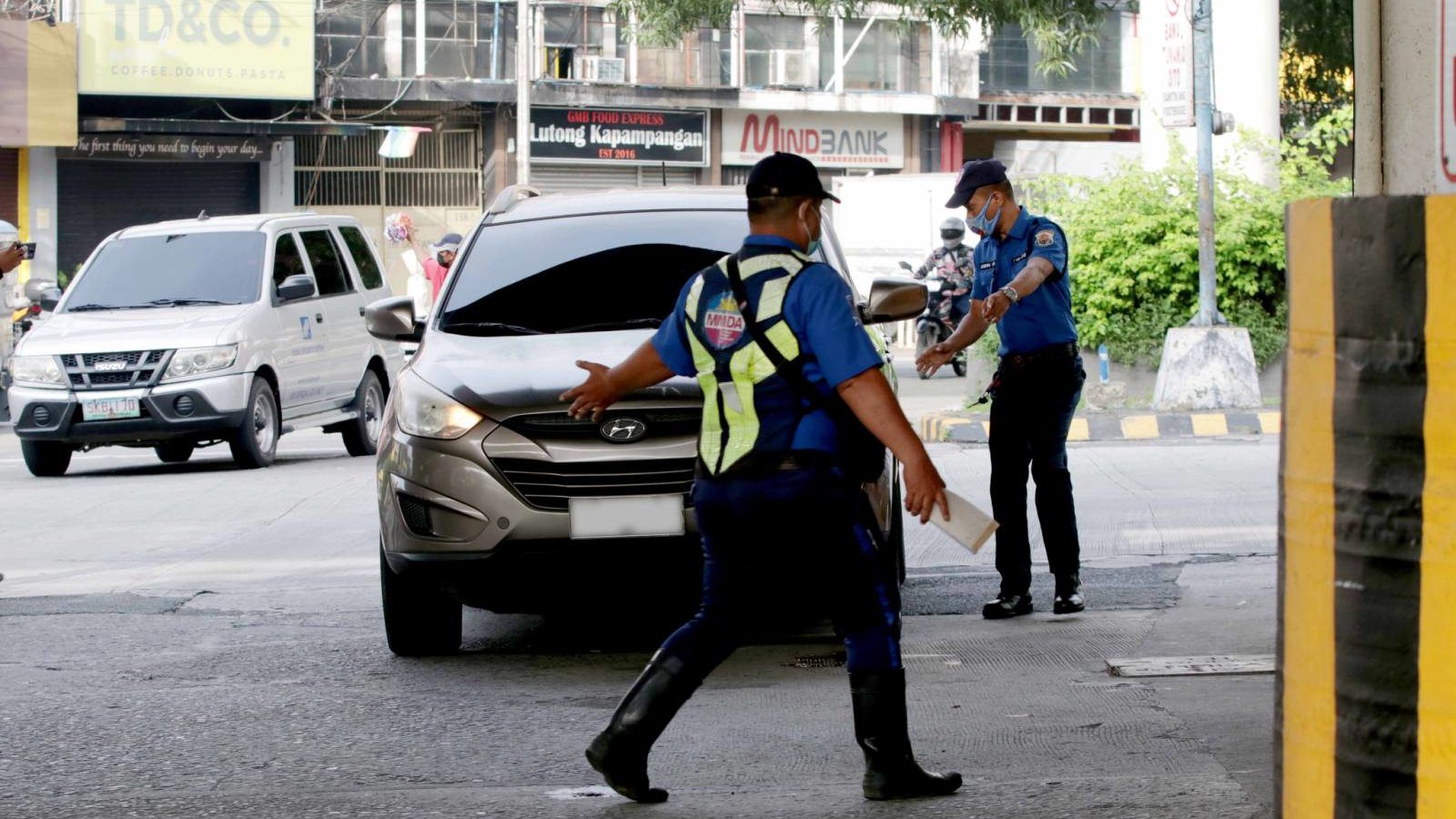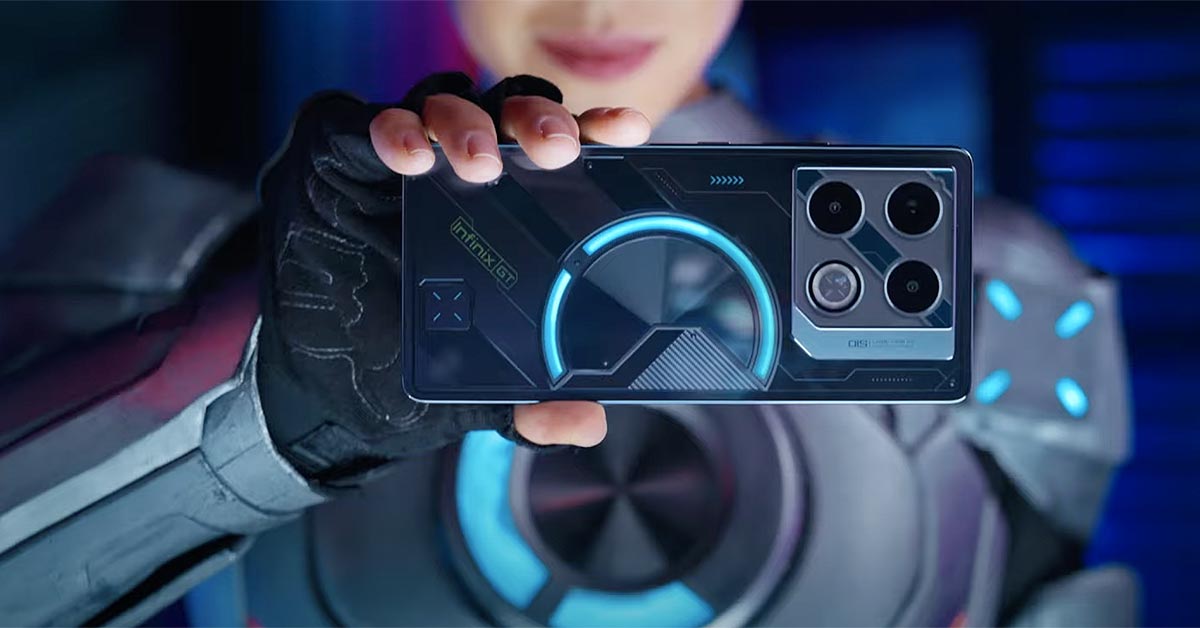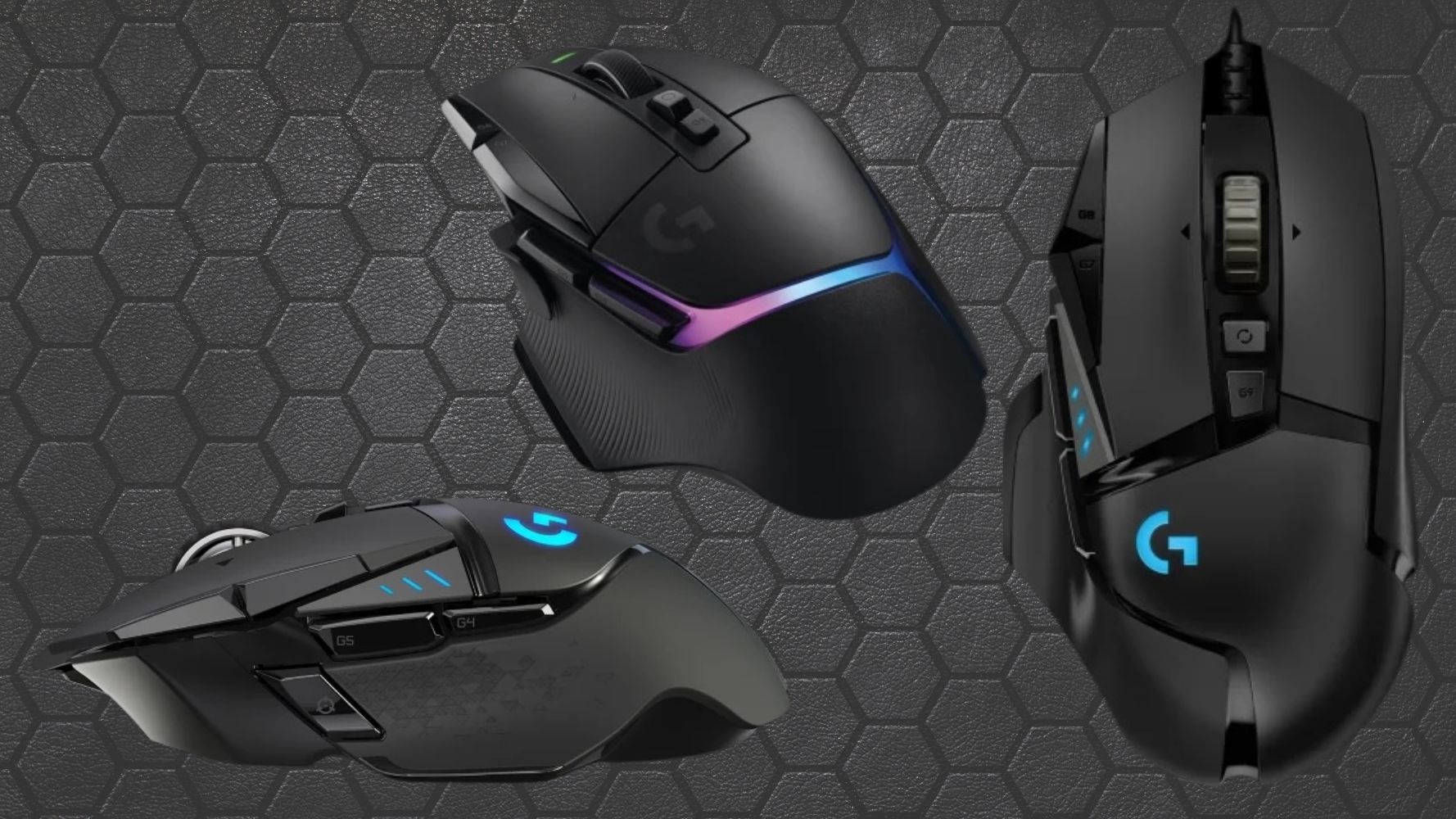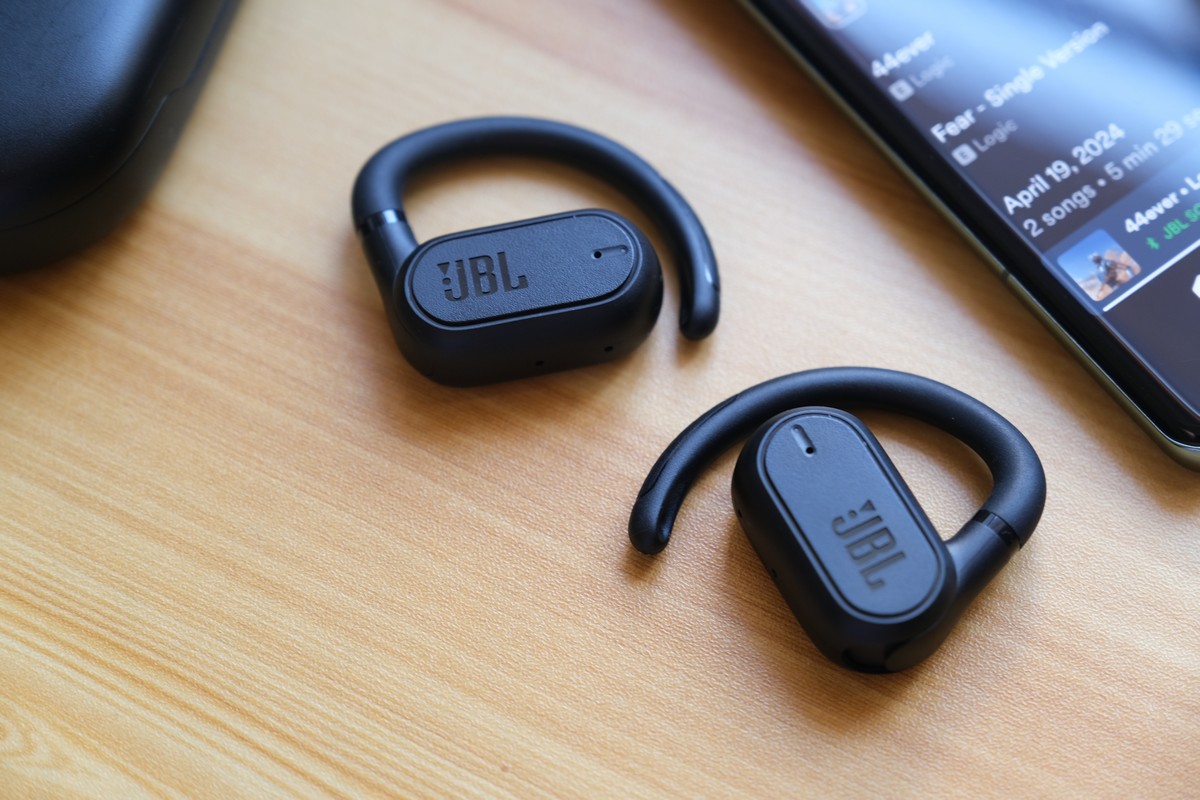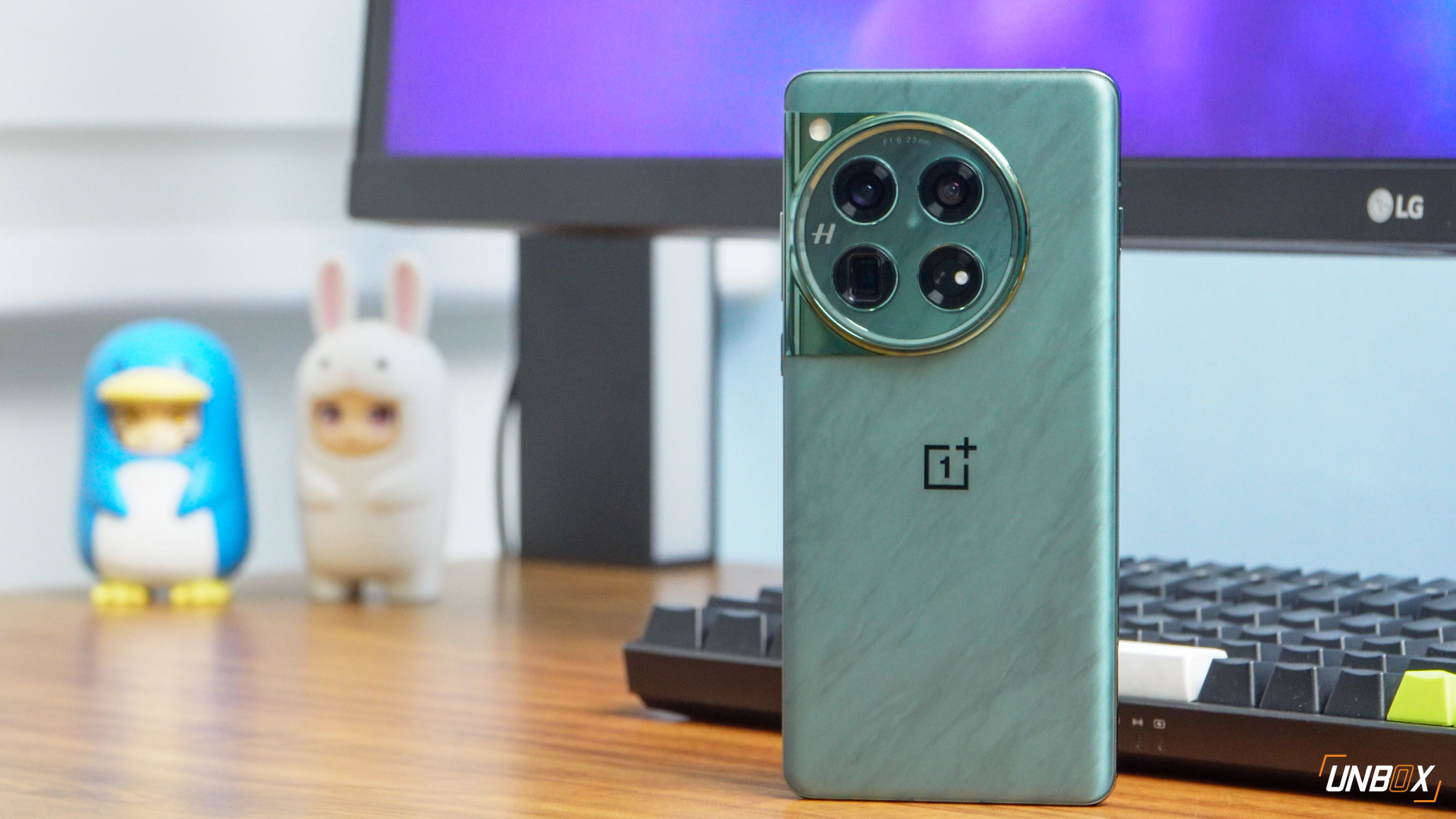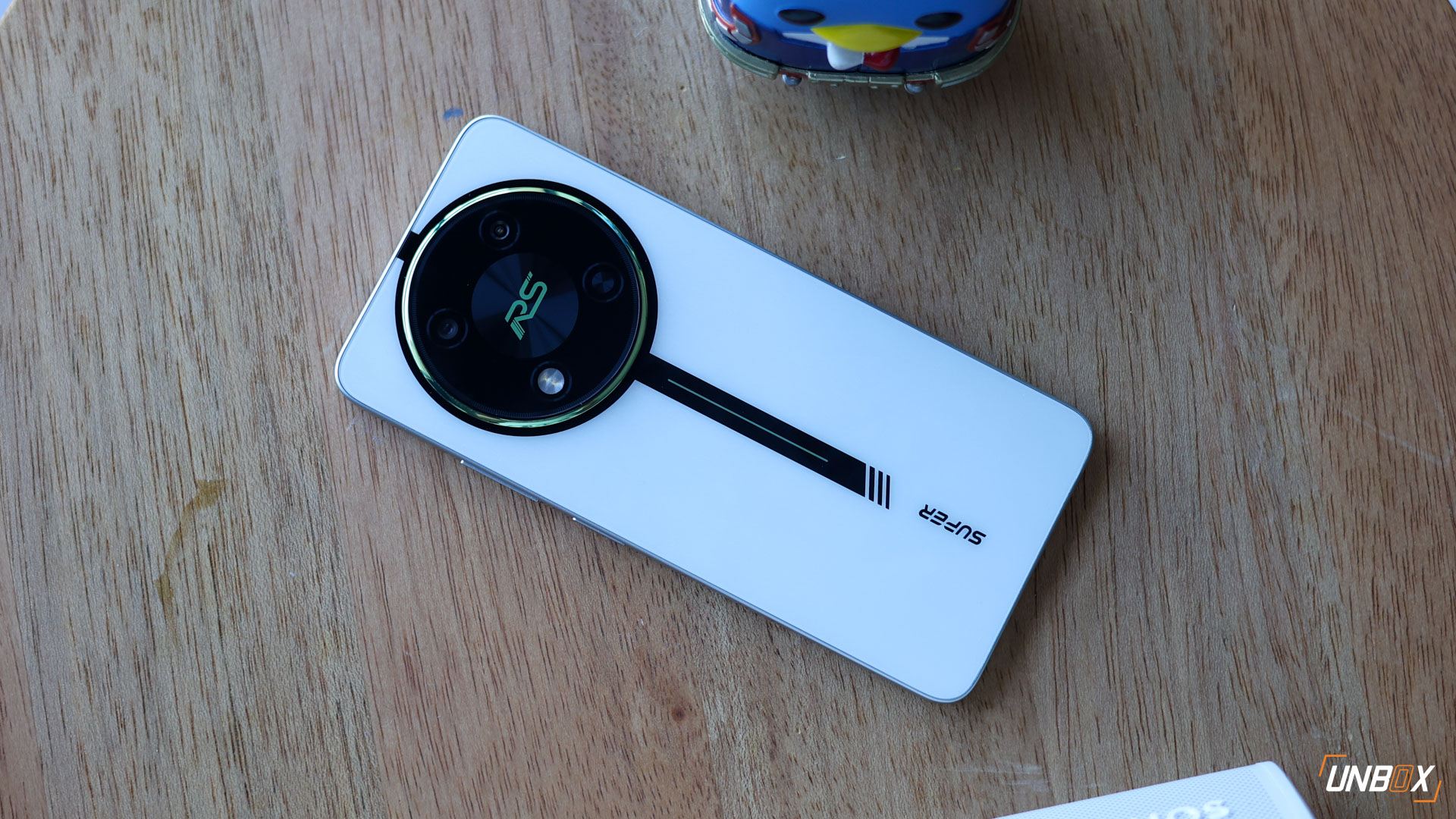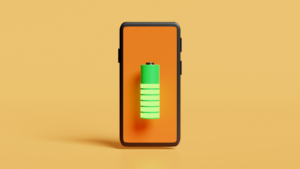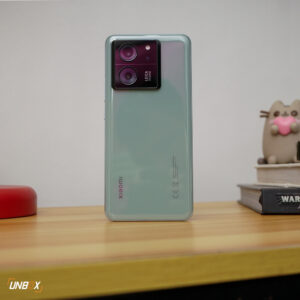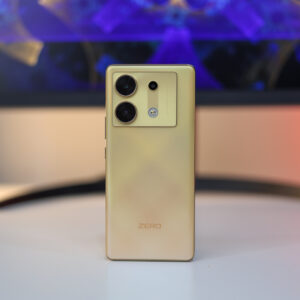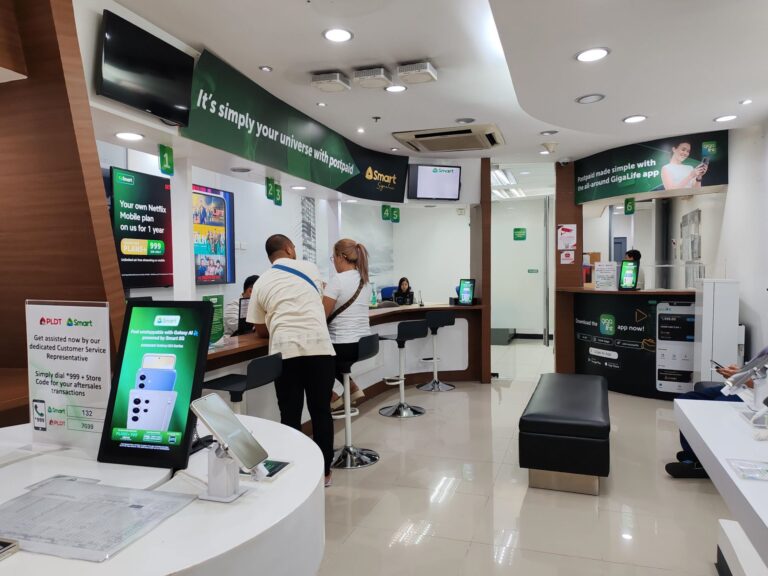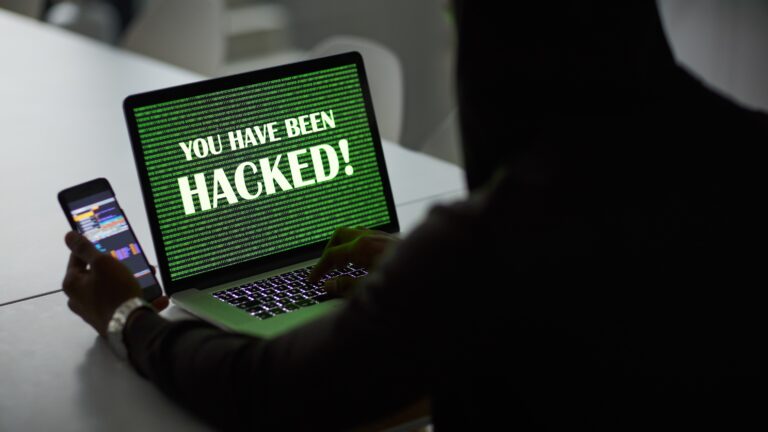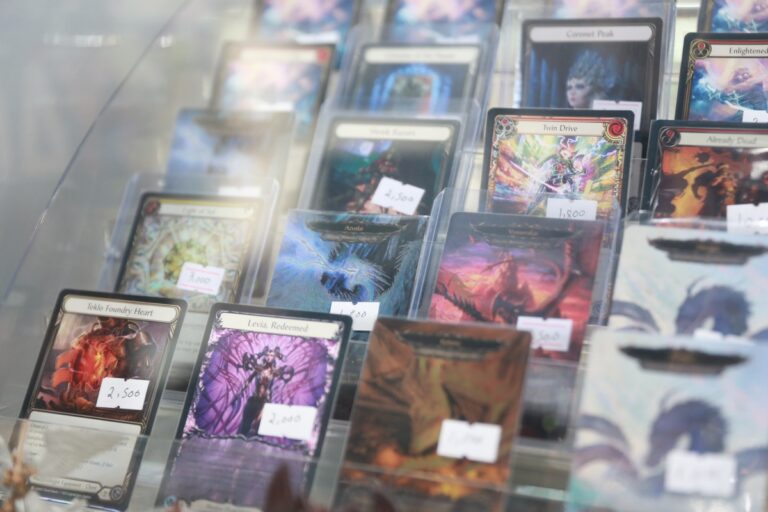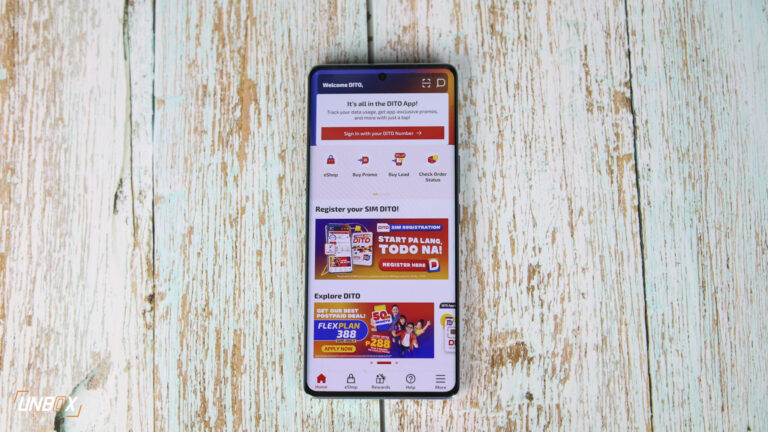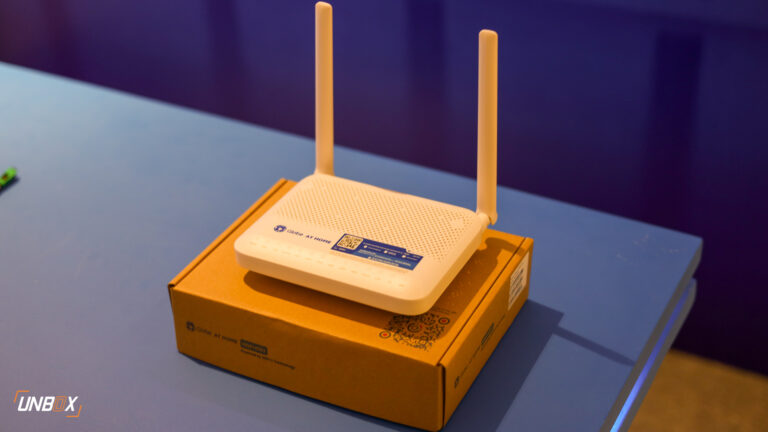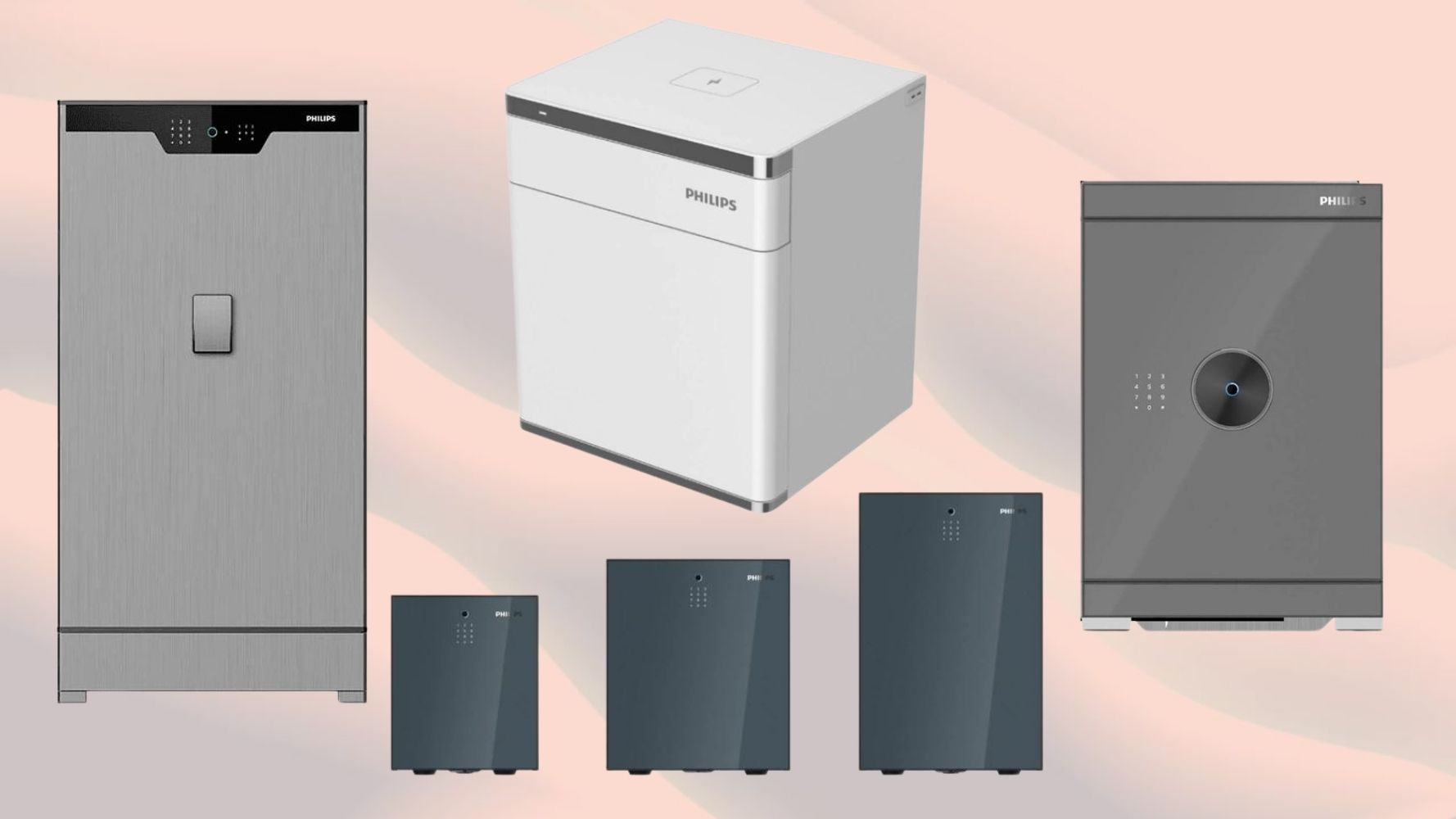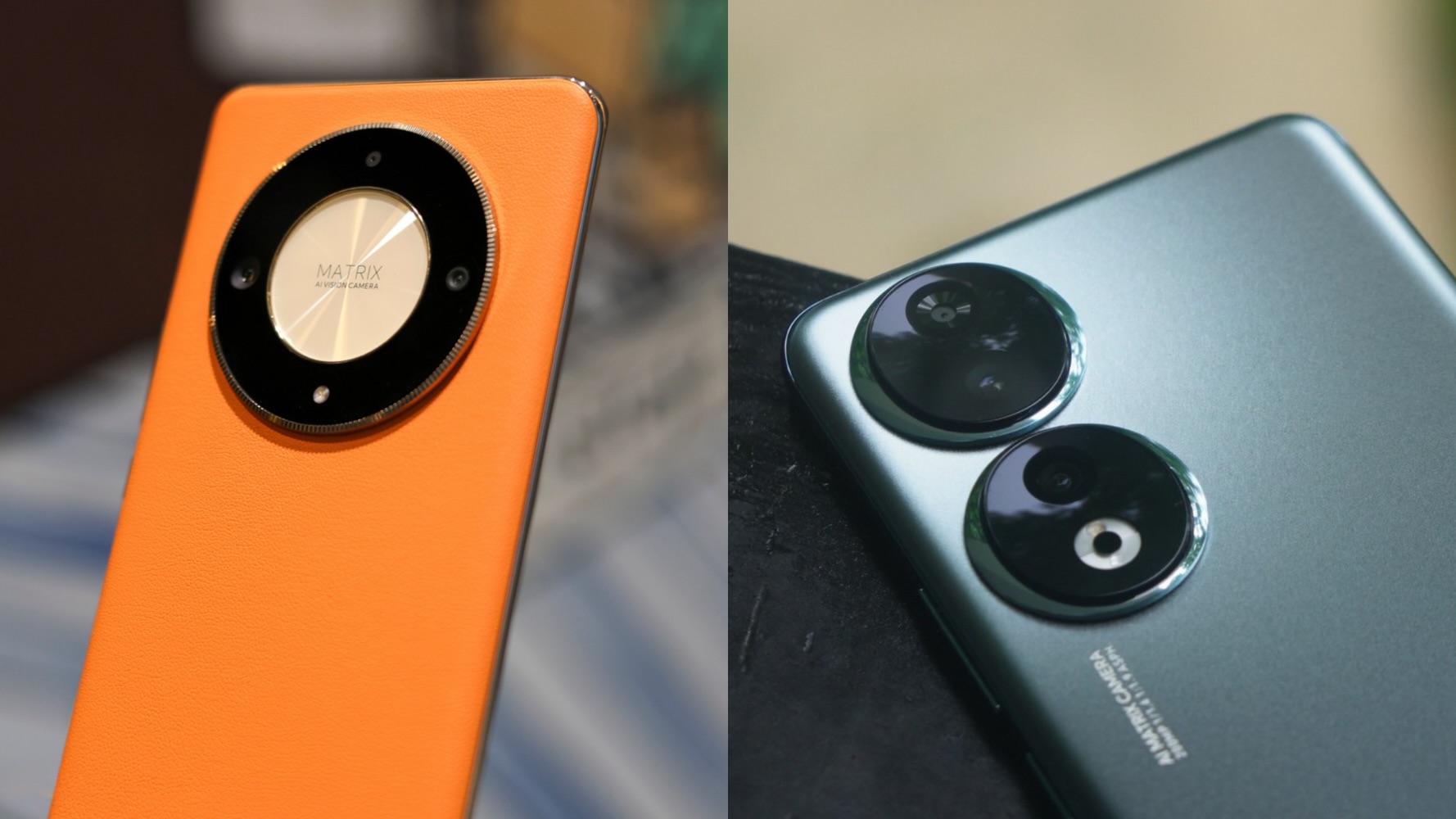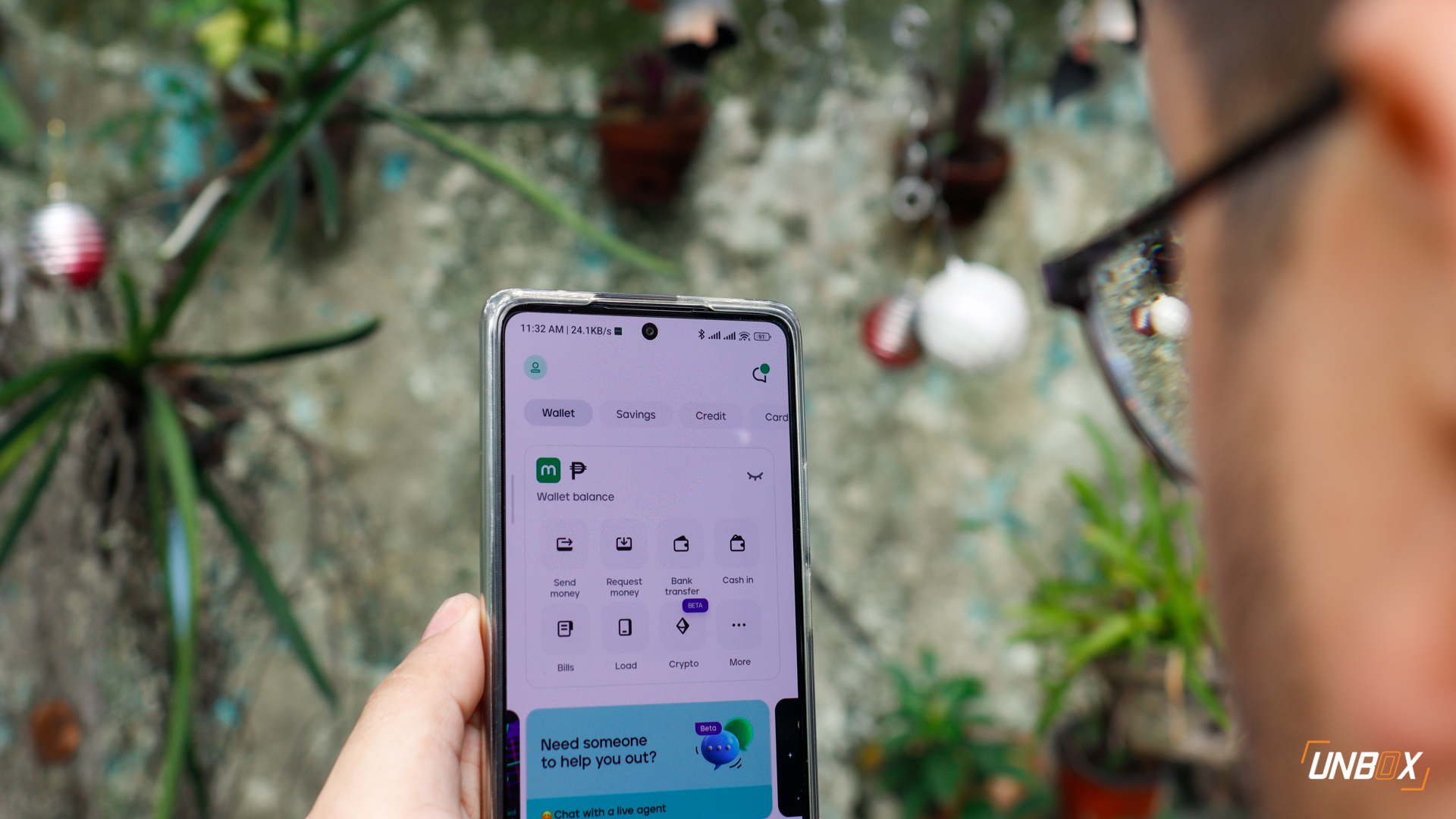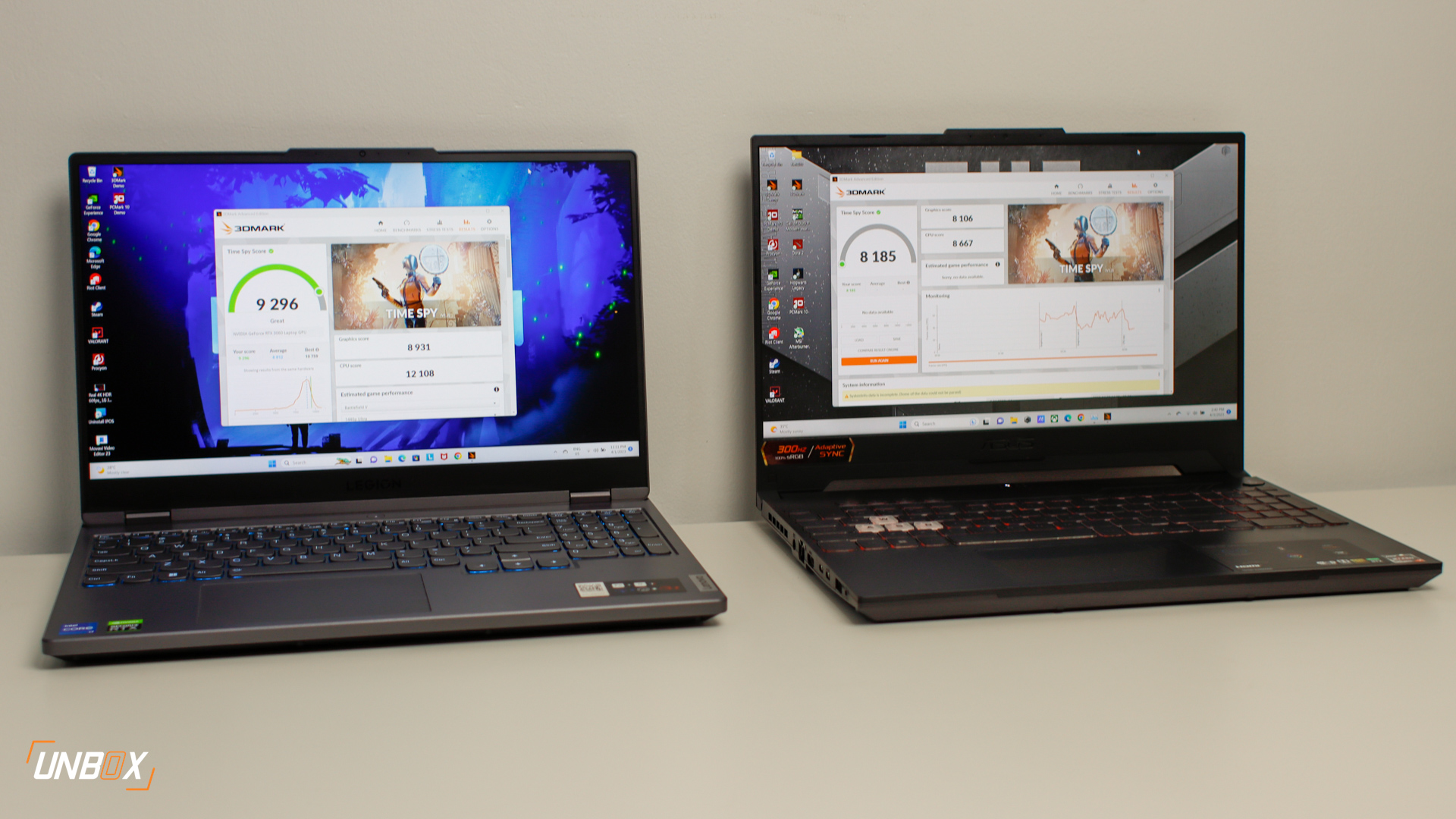The Department of Interior and Local Government (DILG) recently released a memorandum reiterating that Local Government Units (LGUs) cannot confiscate a driver’s license. However, Republic Act No. 4136 says otherwise. Let’s discuss the pertinent provisions to shed some light on the problem.

The recently issued memorandum from DILG reiterates Section 3.4 of DILG-DOTC Joint Memorandum Circular No. 01, series 2008. This specific provision provides that:
The LGUs can issue traffic citation tickets but only the LTO and their deputized agents can confiscate driver’s licenses.
In line with this, DILG has directed LGUs to review their traffic ordinances and policies to ensure that their traffic management units conform to this provision.
On the other hand, Republic Act No. 4136, otherwise known as the “Land Transportation and Traffic Code,” states that LGUs may confiscate licenses. Section 29 of the said legislation clearly provides:
SECTION 29. Confiscation of Driver’s License. – Law enforcement and peace officers of other agencies duly deputized by the Director shall, in apprehending a driver for any violation of this Act or any regulations issued pursuant thereto, or of local traffic rules and regulations not contrary to any provisions of this Act, confiscate the license of the driver concerned and issue a receipt prescribed and issued by the Bureau…
Therefore, it is clear that a traffic enforcer, be it from MMDA, PNP, or LGU, can be a deputized agent authorized to confiscate a driver’s license. The keyword here is “deputized,” which means they cannot be just someone from the said offices. Again, they must be deputized by the Land Transportation Office (LTO).
In addition, according to MMDA, a driver’s license can be confiscated by a traffic enforcer in the following situations:
- The driver was involved in a traffic accident
- The driver has accumulated three (3) or more unsettled violations
- The driver has been apprehended for the following violations:
- Allowing another person to use driver’s license
- Broken sealing wire
- Broken taximeter seal
- Colorum operation (cargo/passenger vehicle)
- Driving against traffic
- Driving under the influence of Liquor or prohibited drugs
- Failure to surrender queue / dispatch number at designated exit area (OBR)
- Fake driver’s license
- Fake/altered taximeter seal
- Fake/altered sealing wire
- Fast/defective/non-operational/tampered taxi meter
- Flagged up meter
- Illegal or unauthorized counter-flow
- Illegal transfer of plates/tags/stickers
- Joined/reconnected sealing wire
- No driver’s ID
- Ignoring Organized Bus Route (OBR) interval timers (for 2nd offense)
- Skipping or bypassing designated OBR terminals or loading bays (for 2nd offense)
- Operating on contractual basis
- Out of line operation
- Overcharging (with or without conductor) (for the 2nd offense)
- Overspeeding
- Reckless Driving (2nd offense)
- Refusal to convey passengers to destination/trip-cutting (Taxis and Public Utility Vehicles)
- Refusal to render service to public (Taxis and Public Utility Vehicles)
- Tampered sealing wire
- Tampered taximeter seal
- Tampering of OR/CR/CPC & other documents (spurious documents)
- Undercharging (without conductor)
- Undue preference/unjust discrimination
- Using motor vehicle in commission of crime
- Colorum Operation (passenger)
To summarize everything, a traffic enforcer may apprehend you for violating any of the regulatory signs. However, only Land Transportation Office (LTO) officers and their deputized agents may confiscate your license. A traffic enforcer, not deputized by LTO, may only confiscate your license in special circumstances.
featured image courtesy of dailytribune


